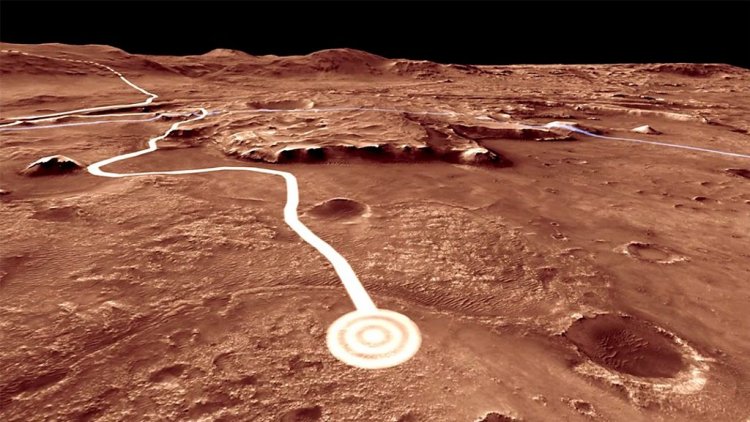Human Life on Mars: Possible?

Washington: NASA's human lunar exploration program, Artemis, envisions sending people back to the Moon by 2024 and using the experience gained there to prepare for Mars.
Plans have been proposed for a crewed exploratory mission of our neighbouring planet since before Nasa was created in 1958, but have never taken off.
In the spring of 1990, then president George Bush Sr announced the most audacious promise to date - a man on Mars before July 20, 2019, the fiftieth anniversary of the first lunar landing.
The commitment clearly never came to pass, and similar goals articulated by presidents George W. Bush, Barack Obama and Donald Trump have not led to concrete programmes.
"I have seen maybe 10,000 graphs, charts, proposing various ideas about how to get to Mars, for humans," adjunct professor G. Scott Hubbard at Stanford, who is also a former senior Nasa official, told AFP.
"But putting the money behind it to make it a reality has not occurred."
The mission itself would last two or three years.
Today, Mr Elon Musk's SpaceX and Mr Jeff Bezos' Blue Origin are building heavy rockets capable of sending tens of tonnes toward Mars.
Mr Musk has proposed colonising Mars, with a first expedition to build a factory that converts Martian water and carbon dioxide from the atmosphere into oxygen and methane fuel.
"Becoming a multi-planet species," he said in a 2017 speech, "beats the hell out of being a single-planet species."
Dr Robert Zubrin, president of the Mars Society, likewise advocates for the creation of "new branches of human civilisation".
That no progress has been made since humanity last walked on the Moon in 1972 is, to him, shameful.
"It was as if Columbus had come back from the New World the first time and then (king and queen) Ferdinand and Isabella had said, 'so what, we're not interested,'" he said.
Not everyone is convinced.
"Enough of the nonsense!" said exo-biologist Michel Viso from CNES, the French space agency.
"We have an amazing planet with an atmosphere, with oxygen, with water... It's criminal, you don't have the right to fool people into thinking there is a 'Plan B', a 'Planet B', that we will have a Martian civilisation."
Whether humanity installs a colony or permanent bases, the most important obstacle, for a lasting human presence on Mars, will be to convince people to accept a higher level of risk than for the Moon or the ISS, argues Dr Buckland.
For the seven-month journey, twenty years of living and working in the International Space Station (ISS) has reassured scientists about the dangers posed by radiation and by weightlessness.















































